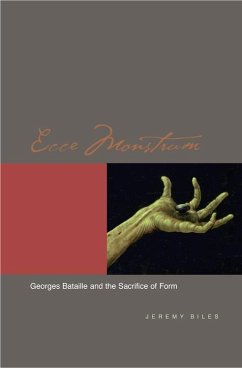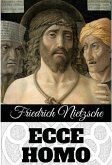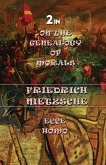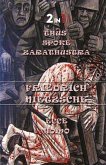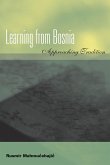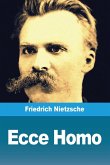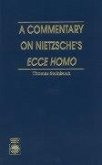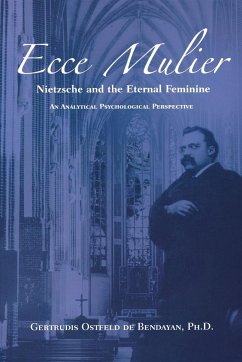In the 1930s, Georges Bataille proclaimed a "ferociously religious" sensibility characterized by simultaneous ecstasy and horror. Ecce Monstrum investigates the content and implications of this religious sensibility by examining Bataille's insistent linking of monstrosity and the sacred. Extending and sometimes challenging major interpretations of Bataille by thinkers like Denis Hollier and Rosalind Krauss the book reveals how his writings betray the monstrous marks of the affective and intellectual contradictions he seeks to produce in his readers. Charting a new approach to recent debates concerning Bataille's formulation of the informe ("formless"), the author demonstrates that the motif of monstrosity is keyed to Bataille's notion of sacrifice--an operation that ruptures the integrality of the individual form. Bataille enacts a "monstrous" mode of reading and writing in his approaches to other thinkers and artists--a mode that is at once agonistic and intimate. Ecce Monstrum examines this monstrous mode of reading and writing through investigations of Bataille's "sacrificial" interpretations of Kojève's Hegel and Friedrich Nietzsche; his contentious relationship with Simone Weil and its implications for his mystical and writing practices; his fraught affiliation with surrealist André Breton and his attempt to displace surrealism with "hyperchristianity"; and his peculiar relations to artist Hans Bellmer, whose work evokes Bataille's "religious sensibility." With its wide-ranging analyses, this book offers insights of interest to scholars of religion, philosophers, art historians, and students of French intellectual history and early modernism.
Hinweis: Dieser Artikel kann nur an eine deutsche Lieferadresse ausgeliefert werden.
Hinweis: Dieser Artikel kann nur an eine deutsche Lieferadresse ausgeliefert werden.

